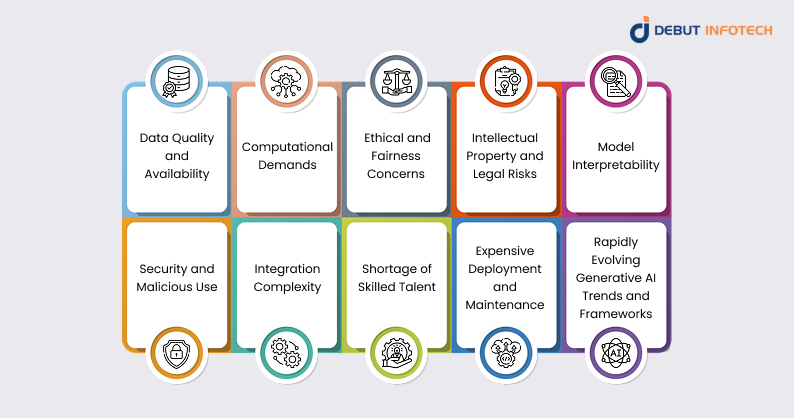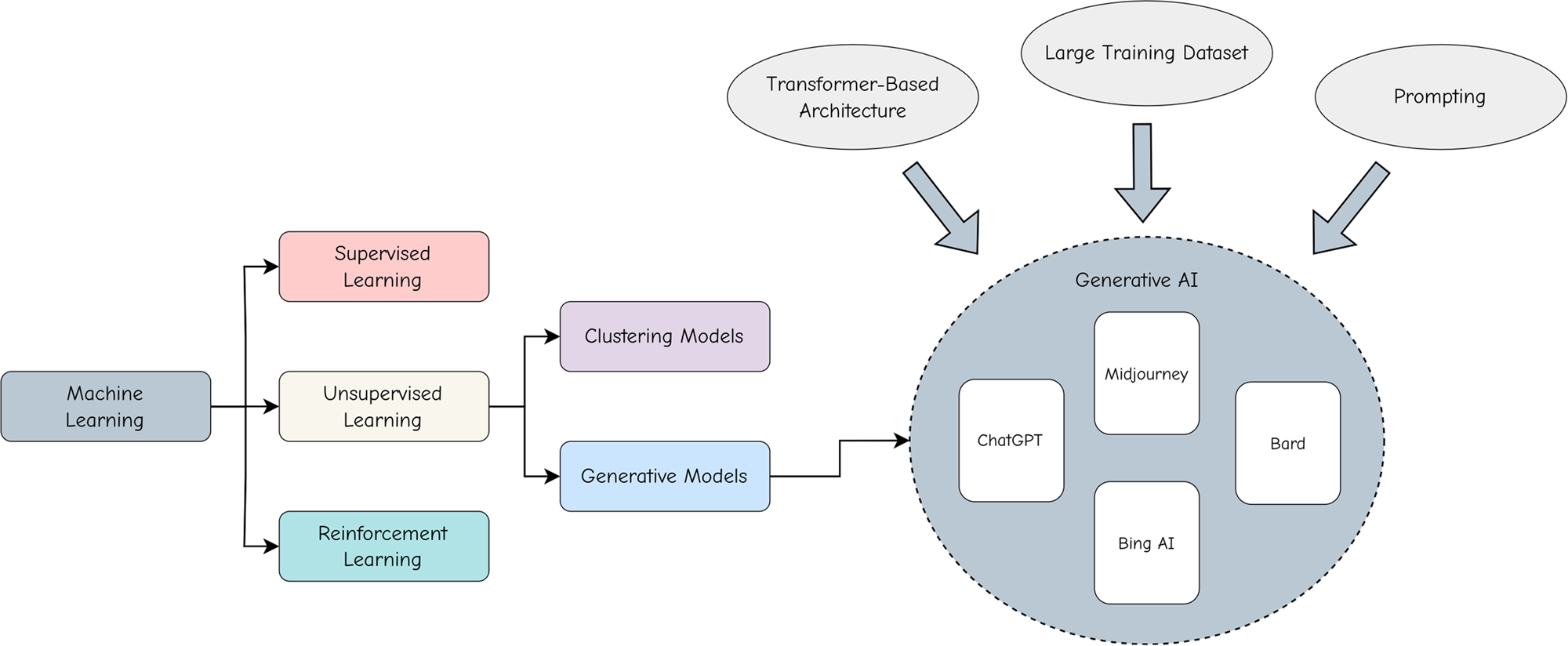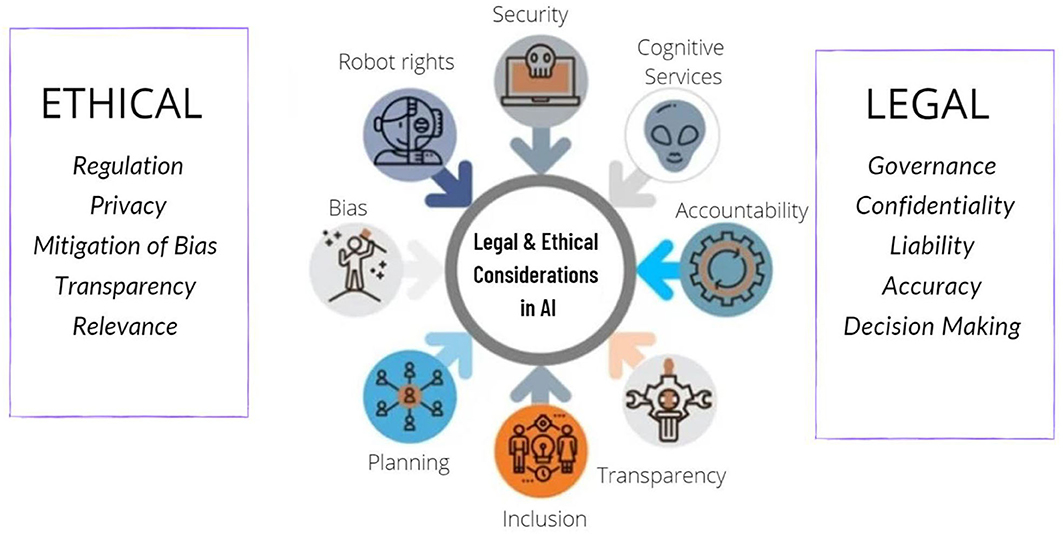Challenges and ethical considerations in generative AI development and deployment revolve around data quality, bias, privacy, transparency, accountability, and societal impact.
Key Challenges
-
Data Quality and Bias: AI models depend heavily on the quality and representativeness of training data. Poor-quality or biased data leads to unreliable outputs, erodes trust, and can reinforce societal inequalities, especially in sensitive domains like healthcare.
-
Data Privacy and Security: Generative AI requires large datasets, often containing sensitive or proprietary information. Protecting this data from breaches and unauthorized access is critical, especially under regulations like GDPR and CCPA.
-
Misinformation and Harmful Content: Generative AI can produce misleading or harmful outputs, including misinformation, offensive language, or biased content. This raises risks for reputational damage and ethical misuse.
-
Transparency and Explainability: Lack of transparency in AI decision-making processes (the "black box" problem) complicates trust and accountability. Explainable AI techniques and content provenance (e.g., watermarking) are increasingly important to verify AI-generated content.
-
Workforce Impact: AI-driven automation and augmentation can displace jobs or alter roles, causing employee resistance and ethical concerns about fair labor practices.
-
Regulatory Compliance: Ensuring AI systems comply with evolving legal frameworks on data protection, intellectual property, and ethical AI use is a complex challenge.
-
Environmental Impact: The energy consumption of training and deploying large generative models raises sustainability concerns.
Ethical Considerations
-
Fairness and Bias Mitigation: Use diverse, representative datasets and continuous monitoring to minimize bias and ensure equitable AI performance across demographic groups.
-
User Privacy and Consent: Implement strong data governance, encryption, and obtain informed consent, especially when handling personal or sensitive data.
-
Accountability and Governance: Establish clear ethical guidelines, governance structures, and ongoing ethical impact assessments throughout AI development and deployment.
-
Transparency and Traceability: Embed watermarking and provenance tracking to allow verification of AI-generated content, supporting trust and combating misinformation.
-
Human Oversight: Maintain human-in-the-loop processes to review AI outputs and intervene when necessary, ensuring AI augments rather than replaces human judgment.
-
Societal Benefit Maximization: Align AI development with societal norms and human values to promote positive social impact and avoid harm.
Summary Table of Challenges and Ethical Considerations
| Aspect | Challenges | Ethical Considerations |
|---|---|---|
| Data | Poor quality, bias, fragmentation, privacy risks | Use diverse data, ensure privacy, obtain consent |
| Content | Misinformation, harmful/offensive outputs | Content provenance, watermarking, human review |
| Transparency | Black-box models, lack of explainability | Explainable AI, traceability of outputs |
| Workforce | Job displacement, resistance to AI adoption | Fair labor practices, reskilling, human oversight |
| Compliance & Security | Regulatory complexity, data breaches | Robust security, compliance audits |
| Environmental Impact | High energy consumption | Sustainable AI practices |
| Governance | Lack of clear ethical frameworks | Ethical guidelines, impact assessments, governance |
These challenges and ethical considerations are critical to responsibly harnessing generative AI's transformative potential across industries such as healthcare, manufacturing, and creative sectors.
By integrating ethical principles from the outset and maintaining transparency, fairness, and accountability, developers and organizations can mitigate risks and foster trust in generative AI technologies.




















Maple Ranking offers the highest quality website traffic services in Canada. We provide a variety of traffic services for our clients, including website traffic, desktop traffic, mobile traffic, Google traffic, search traffic, eCommerce traffic, YouTube traffic, and TikTok traffic. Our website boasts a 100% customer satisfaction rate, so you can confidently purchase large amounts of SEO traffic online. For just 720 PHP per month, you can immediately increase website traffic, improve SEO performance, and boost sales!
Having trouble choosing a traffic package? Contact us, and our staff will assist you.
Free consultation